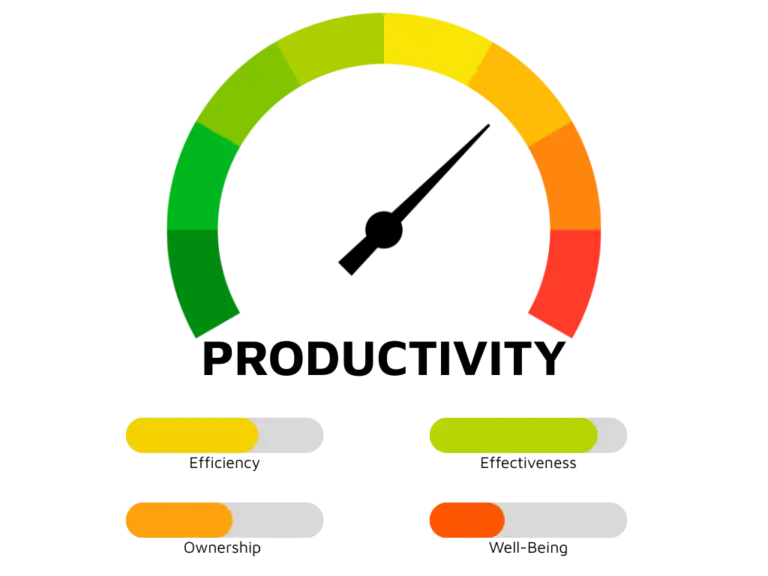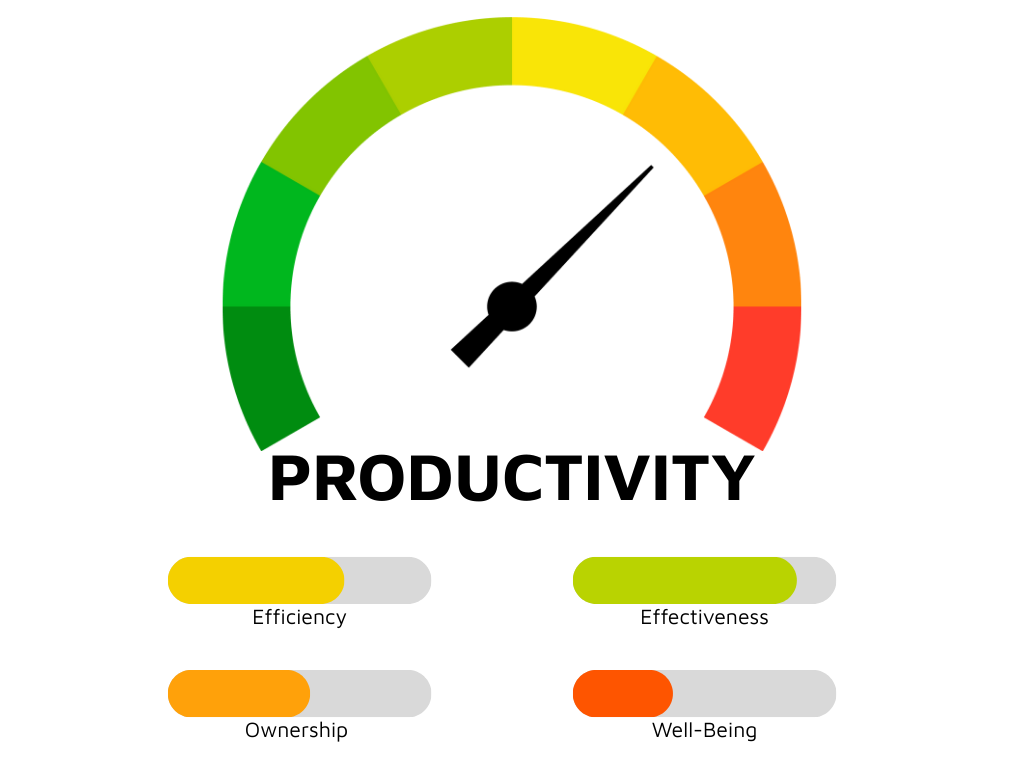Inclusion (especially at workplaces) it is an important topic, every day more. Individuals in teams that feel included perform better have longer tenures and positively impact the business.
One of the things I’ve detected after working for several multinational companies as a potential exclusion element is a common subject, the question:
Where are you from?

Usually thrown after “what’s your name”, that’s one of the most common questions made when you get to know someone. At work is used when greeting new team members, and working with partners across the globe.
Please think twice before the use of such question, for the sake of healthier relationships and better inclusion. These are the reasons:
Why should you stop asking where are you from?
1 — It is Irrelevant
In most cases, it would be best if you focused on the values of the person. Who they are, what they do, what they bring to you, what you can do for them. Asking where are you from is like asking about religion or sexual orientation. And that’s something we all know is a no go.
2 — It triggers Confirmation Bias.
Because, as humans, we tend to confirm things with minimal information, quickly pulling stereotypes engraved in our heads.
For example, I am Spanish, and a frequent comment after I disclose my nationality is: “wow you guys do siesta (post-lunch nap) all the time”. And whether some people indeed take a siesta in Spain, it’s not the case for everyone. In fact, the use of Siesta for Spanish is not as spread as the common belief suggests:
- 16.2% of Spaniards take a nap every day.
- 58.6%, never take a nap.

Canadians are polite, Italians are passionate, Germans are very serious…I could write many of them, but that is precisely the point, those are labels you don’t want to stick to a person you just met.
If you want to know more about human bias, there is an excellent book by Rolf Dobelli called “The Art of Thinking Clearly” that covers more than a hundred.
3 — Clustering
You will likely group the person that you ask. It will from then onwards belong to a cluster, level, cast or category. Inevitably that person it’s excluded from specific opportunities or things that he or she could have because he/she is this or that nationality.

You should be conscious about asking “Where are you from?”.
As much as sometimes could be nice to relate to a nationality (which I prefer to call a culture) or country you visited, it could also be an exclusive question. It can trigger a set of pre-established rules and prejudge that could harm your relationship and team relations at the workplace.
Exceptions
I am excluding people that need to make the question as part of their work. HR departments, for example, need to be aware if you are eligible to work in a specific country. That’s the law.
What can you ask instead, “Where are you from?”
Well if you are curious or you think that the answer can add value to that relation, try things like:
- What is your origin?
- Where in the world do you feel at home?
Keep in mind that most of the people born after the 1990s are well-travelled and they might have eventually lived in several parts of the world. Some have multiple citizenships. Others don’t consider themselves necessarily from a particular nationality or place but several. Anyhow, at some point and when the person feels comfortable, he or she will disclose it, so wait for it.
I admit that out of habit, I still ask this question probably more than I should. But I’m conscious and aware that by doing it I am luring myself into the “written rules of the game” and I might be pre-judging that person.
Awareness about asking “Where are you from?” it is now an essential element of my emotional intelligence and inclusion toolkits.
What do you think?





